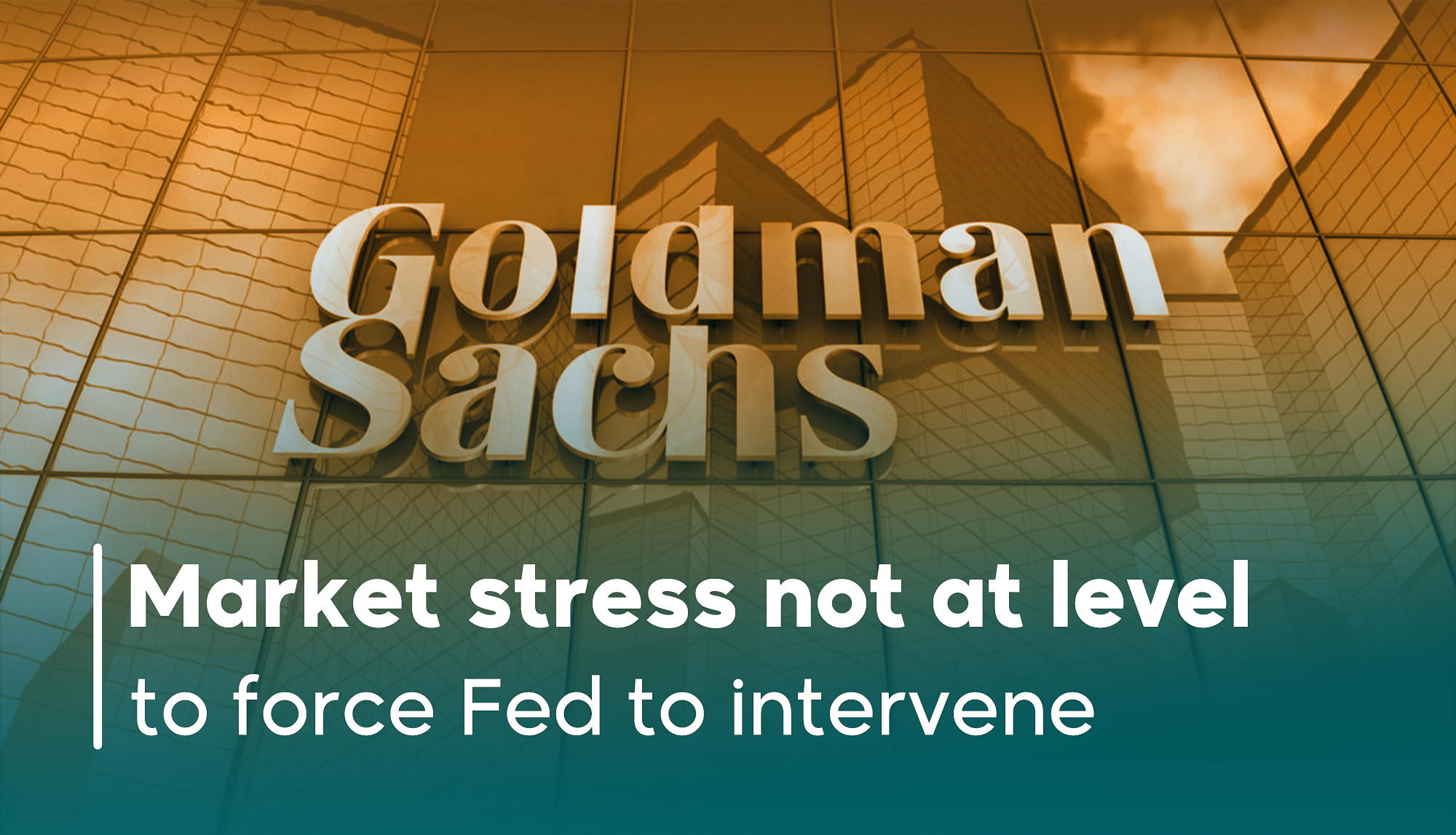Economic experts at Goldman Sachs confirmed in a memo on Tuesday that high volatility has increased market pressures this week.
Economists said they introduced a new financial stress index aimed at identifying market disruptions that go beyond the Financial Conditions Index. The measure, called the Financial Stress Index, has decreased significantly over the past two days but remains within its historical normal levels.
Although market pressures have become significantly higher compared to last week, our financial liquidity index indicates that no serious market disruptions have occurred so far that would force policymakers to intervene.
Since the release of the weak employment report in July last Friday, the stock market has dropped by about 5%, and the yield on the ten-year U.S. Treasury bonds has fallen by about 21 basis points.
According to Goldman Sachs economists, the Consumer Price Index indicates that these changes, along with those affecting other asset classes, would lead to a net reduction in GDP growth by about 12 basis points over the next year.
The Consumer Price Index takes into account stock prices, short-term and long-term interest rates, and credit spreads. The economists noted that from an economic health perspective, the risks so far appear limited.
They also estimate that every additional 10% stock market sell-off would reduce GDP growth over the next year by about 45 basis points. Considering the movements in other asset classes that typically accompany stock market sell-offs during growth concerns, the overall impact amounts to about 85 basis points.
This means that reaching a GDP growth rate of around 2% would require more significant sell-offs to push the economy into a recession.





